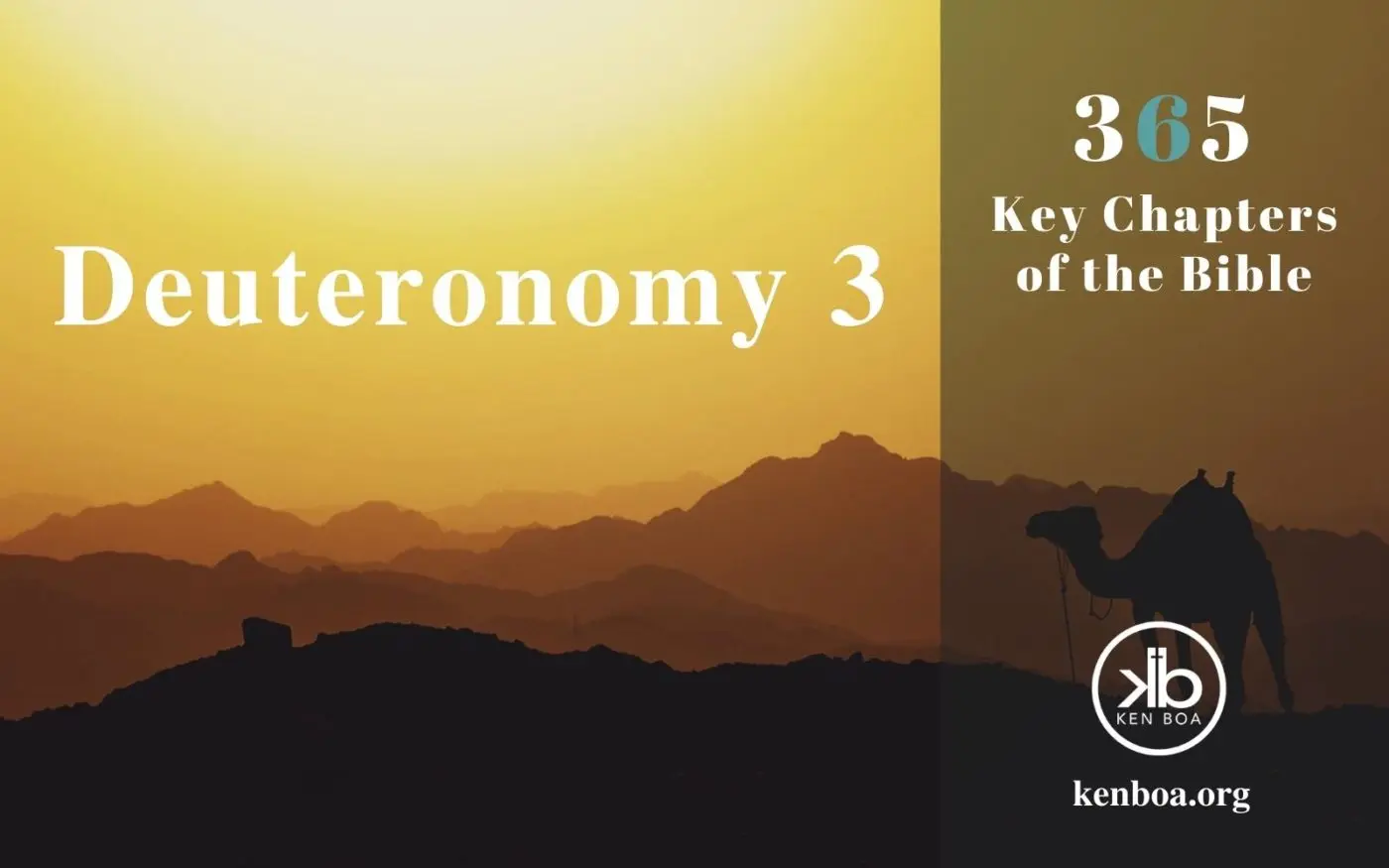Deuteronomy 3 recounts the beginning of the Israelites’ conquest of the surrounding nations.
Mercy for and Judgment on Canaan
Although the conquest of Canaan may seem unnecessarily violent to us, we need to remember that God is the One who gives life and who takes life away (Job 1:21). This conquest was a part of His sovereign plan because of the evil of the nations. These were not innocent nations, and God spared them for centuries before bringing judgment on them.
As far back as Genesis 15:16, God revealed that He would punish the Amorites for their iniquity. But in His mercy, He preserved them until their iniquity was complete. He did not allow the Israelites or any other nation to destroy them. Only at the right time did God bring judgment on them.
Though we may not fully understand, we can still trust God to sovereignly work in both perfect mercy and perfect justice.
Mercy for and Judgment on Moses
The theme of God’s mercy and judgment continues at the end of Deuteronomy 3. Even though God has already told Moses he cannot enter the Promised Land because of his disobedience (Numbers 20:1–13), Moses asks again. God denies the request, but He allows Moses to go up to the top of Pisgah (Deuteronomy 3:27). There, He gives Moses a miraculous view of the Promised Land.
As we walk with God, we need to remember to fear Him and obey Him, walking in His commandments. Let us worship Him because of His great mercy and because of His justice.
Watch part 95 of the 365 Key Chapters of the Bible series, based on Ken’s Handbook to Scripture.



